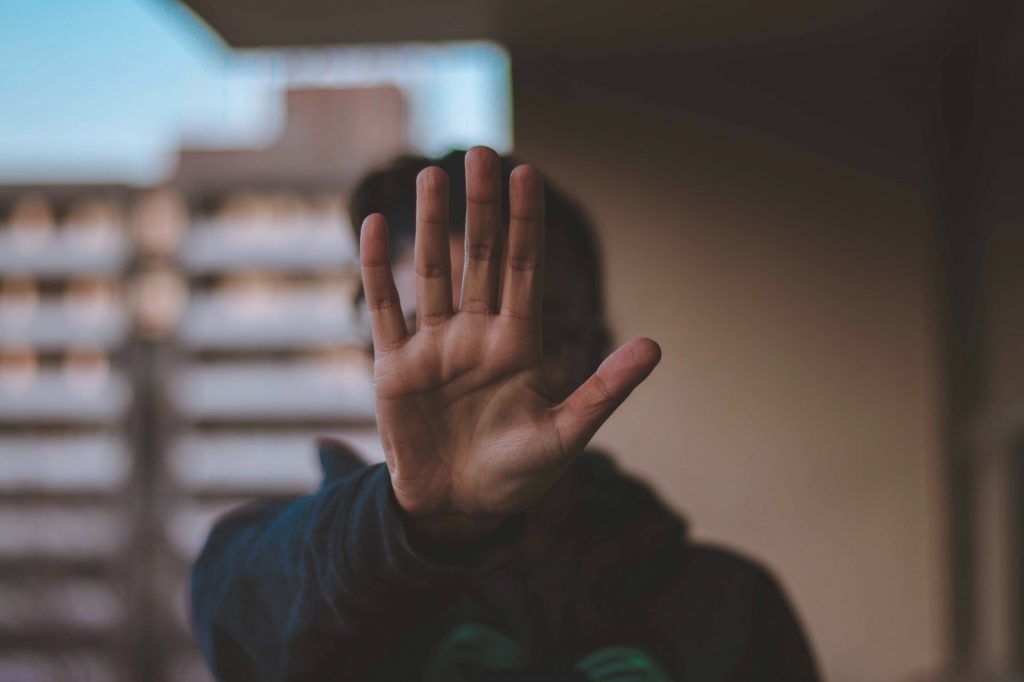
We need to talk…about consent.
It has taken floods of almost biblical proportions to dislodge the issue of how some men and boys treat women and girls, from the front pages of all the newspapers in Australia. We already knew that we had a problem with domestic violence, but some shocking accounts of harassment and abuse in workplaces (most notably, Parliament House) and in schools, require that we all stop and consider how we are going to respond. Clearly, this is not a new issue, nor is it peculiar to Australia, but that should not alter the fact that whenever, and wherever, it occurs, sexual harassment and abuse is completely unacceptable.
Schools have figured prominently in discussions about how we should respond. There have been calls to immediately introduce mandatory “consent education”. Personally, I feel this doesn’t go far enough. Although teaching about consent is an important part of our response, more is required. As you know, at St Paul’s we talk about a holistic education. I believe we need a holistic solution to this problem.
At the very heart of the problem, it seems to me, is the way we think about one another (and, consequently, the way in which we speak to and treat one another). You may remember that when Jesus was asked which was the greatest commandment, he actually gave two, and the second was “You shall love your neighbour as yourself” (Mark 12: 31). That came to be known as the Golden Rule, and it has shaped the laws and conventions of Western civilisation. Perhaps we need to return to that most basic foundation.
I recently read David Brooks’ latest book, ‘The Second Mountain (2019), which helpfully reminds us that the social fabric is ultimately a matter of respectful relationships:
” Whenever I treat another person as if (she) were an object, I’ve ripped the social fabric. When I treat another person as an infinite soul, I have woven the social fabric… The social fabric is not woven by leaders from above. It is woven at every level, through a million caring actions, from one person to another… “
I have shared this quote widely in the past couple of weeks because I believe that Brooks has identified the core issue in this current crisis. We need to see and treat other people (our ‘neighbours’) as infinite souls rather than as mere objects. That’s what I call respect! I also like the way Brooks identifies that the condition of the social fabric is the business of all of us – not just the politicians and not just the teachers.
Schools and teachers do have a role to play, and I am fairly confident that the St Paul’s Ways of Being program covers the area of respectful relationships (including consent, in the context of intimate sexual relationships) quite thoroughly. This program consists of a mix of RaVE lessons (for example, I have discussed the issue with both my Year 8 and Year 12 classes in the past week), Flex sessions, HPE lessons and sessions with a range of outside providers. Having said that, however, the House Leaders and I will be reviewing our current offerings, to be sure that there aren’t any significant gaps.
There is also a role for families to play in the education of their children. To (perhaps) help you think about this specific issue further, and to shape the conversations with your children, may I recommend the latest Parenting Ideas edition from Michael Grose. As we do at School, Grose makes clear connections between the issue of consent, the scourge of pornography and the need for character formation.
Helpful Resources
| School TV | Resources for parents based on credible and sound information with realistic, practical ongoing support strategies. |
| Parenting Ideas | Parenting Ideas: Young people, we need to talk by Michael Grose |
Image Credit : Nadine Shaabana on Unsplash
 Mr Nigel Grant
Mr Nigel Grant
Executive Director of Faith & Community
